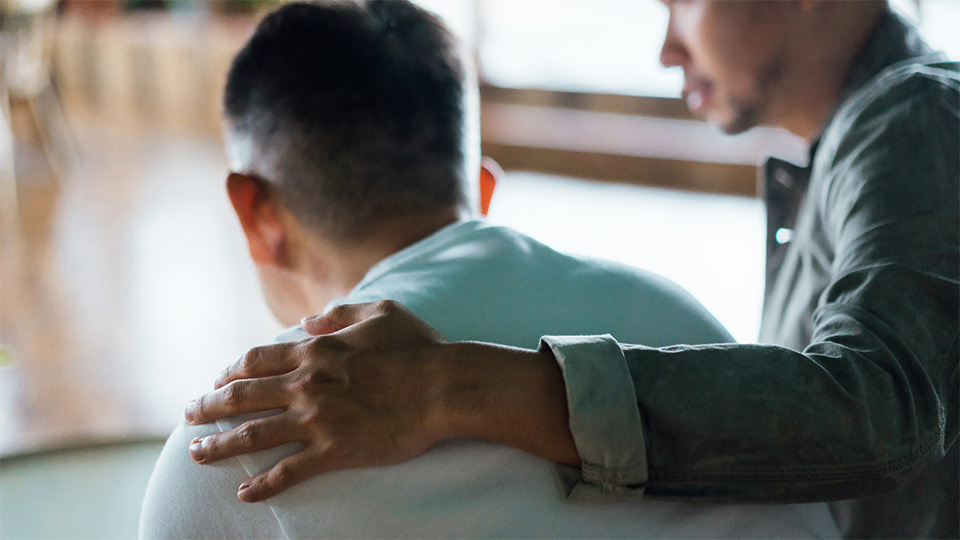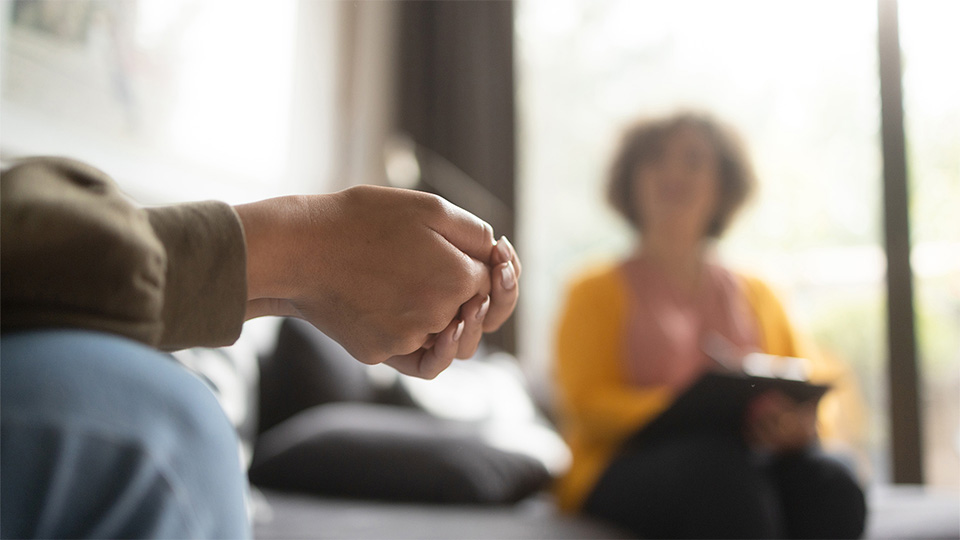Women go through hormonal changes at all stages of their lives. These are linked to having periods, pregnancy and childbirth, and going through menopause. Many of these can cause symptoms of depression in women.
Women experience hormonal ups and downs all the way through each month, depending on where they’re at in their menstrual cycles. Some women get pre-menstrual syndrome (PMS) which can cause them to be irritable, tired and more prone to emotional outbursts. However, others can have more serious symptoms, where they experience intense mood disturbances, which can impact on their ability to function. This is known as pre-menstrual dysphoric disorder (PMDD) and can lead to depression symptoms in women.
Women’s bodies go through lots of hormonal changes during pregnancy and birth (known as the ‘perinatal period’), which can contribute to depression. Also, other issues that relate to pregnancy, such as having fertility problems or going through a miscarriage, can also cause some women to develop depression. After the birth of a baby, many women can have the ‘baby blues’, where they feel generally down and more tearful than usual. However, this normally goes away on its own after a few weeks. However, some women may go on to experience postpartum depression, which is a specific and serious type of depression, that’s thought to be linked (at least in part) to the hormones that women experience after the birth of a baby. Thankfully, there are ways to treat postpartum depression.
Lots of women experience depression when they’re going through the menopause, which is likely to be linked to fluctuating reproductive hormones that women’s bodies go through during this time. This may therefore be a cause of depression in older women. Also, women who have experienced depression in the past are more likely to get this again when they’re going through menopause or in the period of time leading up to the menopause. Menopause can impact mental health in many ways, and women can experience many other symptoms as well as depression.
Women may take certain hormone-based medications throughout their lives, including the contraceptive pill and hormone replacement therapy (HRT). These can also cause depression as one of their side effects.











